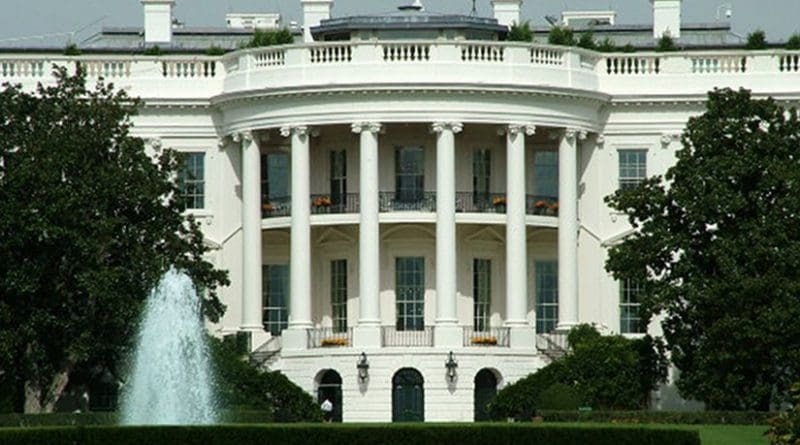White House Clarifies When It’s OK For Obama To Kill Americans – OpEd
By Paul Woodward - War in Context
A week after the assassination of Anwar al-Awlaki — “a great day for America,” as one senior Obama administration official put it — and then a flurry of headlines about Obama killing US citizens, the White House clearly sees the need to change the narrative. Although it had already been stated that the president was exerting powers in accordance with legal advice, the administration wants to assure everyone that this was sound advice — the kind that would require the thoroughness of a 50-page memo drafted by a team of lawyers.
In other words, to those who are concerned about the suspension of the rule of law, the consolation is rule by procedure. It’s not due process, but it involved meetings, legal opinions, documentation, signatures — all the essential ingredients to ensure that those involved can later point to the ways in which they diligently followed procedures and ultimately no one can be held responsible. The buck stops nowhere.
Even so, since this is a presidency where secrecy often appears to be cherished more than anything else, we don’t get to actually read the Justice Department’s memorandum describing the circumstances in which Obama has the discretion to suspend the constitution. Instead, the contents of the memo get selectively revealed to a reporter.
It’s not exactly a leak — more like a drip.
The New York Times reports: The Obama administration’s secret legal memorandum that opened the door to the killing of Anwar al-Awlaki, the American-born radical Muslim cleric hiding in Yemen, found that it would be lawful only if it were not feasible to take him alive, according to people who have read the document.
The memo, written last year, followed months of extensive interagency deliberations and offers a glimpse into the legal debate that led to one of the most significant decisions made by President Obama — to move ahead with the killing of an American citizen without a trial.
The secret document provided the justification for acting despite an executive order banning assassinations, a federal law against murder, protections in the Bill of Rights and various strictures of the international laws of war, according to people familiar with the analysis. The memo, however, was narrowly drawn to the specifics of Mr. Awlaki’s case and did not establish a broad new legal doctrine to permit the targeted killing of any Americans believed to pose a terrorist threat.
The Obama administration has refused to acknowledge or discuss its role in the drone strike that killed Mr. Awlaki last month and that technically remains a covert operation. The government has also resisted growing calls that it provide a detailed public explanation of why officials deemed it lawful to kill an American citizen, setting a precedent that scholars, rights activists and others say has raised concerns about the rule of law and civil liberties.
But the document that laid out the administration’s justification — a roughly 50-page memorandum by the Justice Department’s Office of Legal Counsel, completed around June 2010 — was described on the condition of anonymity by people who have read it.
The legal analysis, in essence, concluded that Mr. Awlaki could be legally killed, if it was not feasible to capture him, because intelligence agencies said he was taking part in the war between the United States and Al Qaeda and posed a significant threat to Americans, as well as because Yemeni authorities were unable or unwilling to stop him.
The memorandum, which was written more than a year before Mr. Awlaki was killed, does not independently analyze the quality of the evidence against him.
The administration did not respond to requests for comment on this article.

